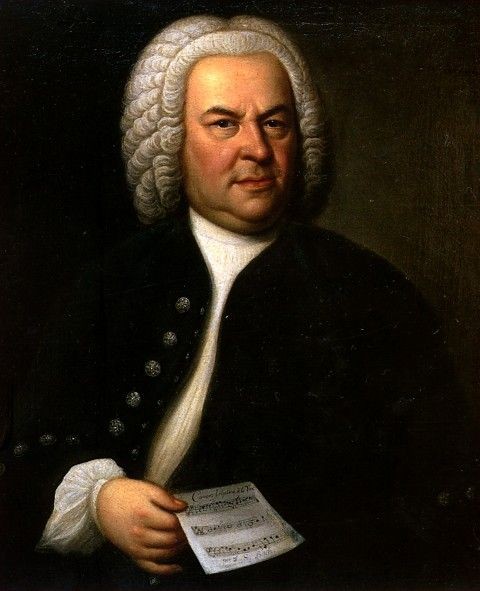Perhaps you like Pachelbel’s Canon in D? It became popular in 1969 when the Paillard Ensemble released their arrangement of it in Europe, then it was played on an American radio station, and it’s been a wildly popular Classical piece ever since. Why?
Well, part of its appeal, I’m sure, is its journey through a repeating pattern of chords. There’s something about a cycle like that gets to our souls in a special way, especially if there is a compelling development going on in the melody parts, and they keep overlapping in new ways in pieces like that canon.
Want to delve deeper into such music? Well, Johann Sebastian Bach (the greatest musician of all time, I call him!) composed one of the most overwhelming works of the kind, the Chaconne from the Solo Violin Partita no. 2 in D minor. If you dare, have a listen to this one all the way through, and if you experience it like I do, it’s like your whole life history is being discussed by the music! Bach seems to reach successfully for the very meaning of life.
For me, such music by Bach is a lifeline in discouraging times, as well as an aspiration that really does reach into glory. Thank God for that!
Here are two of the many interpretations of the piece that I find most satisfying, by Itzhak Perlman on violin and by Christopher Parkening on guitar. I hope you too find them as profoundly meaningful as I do!





Comments